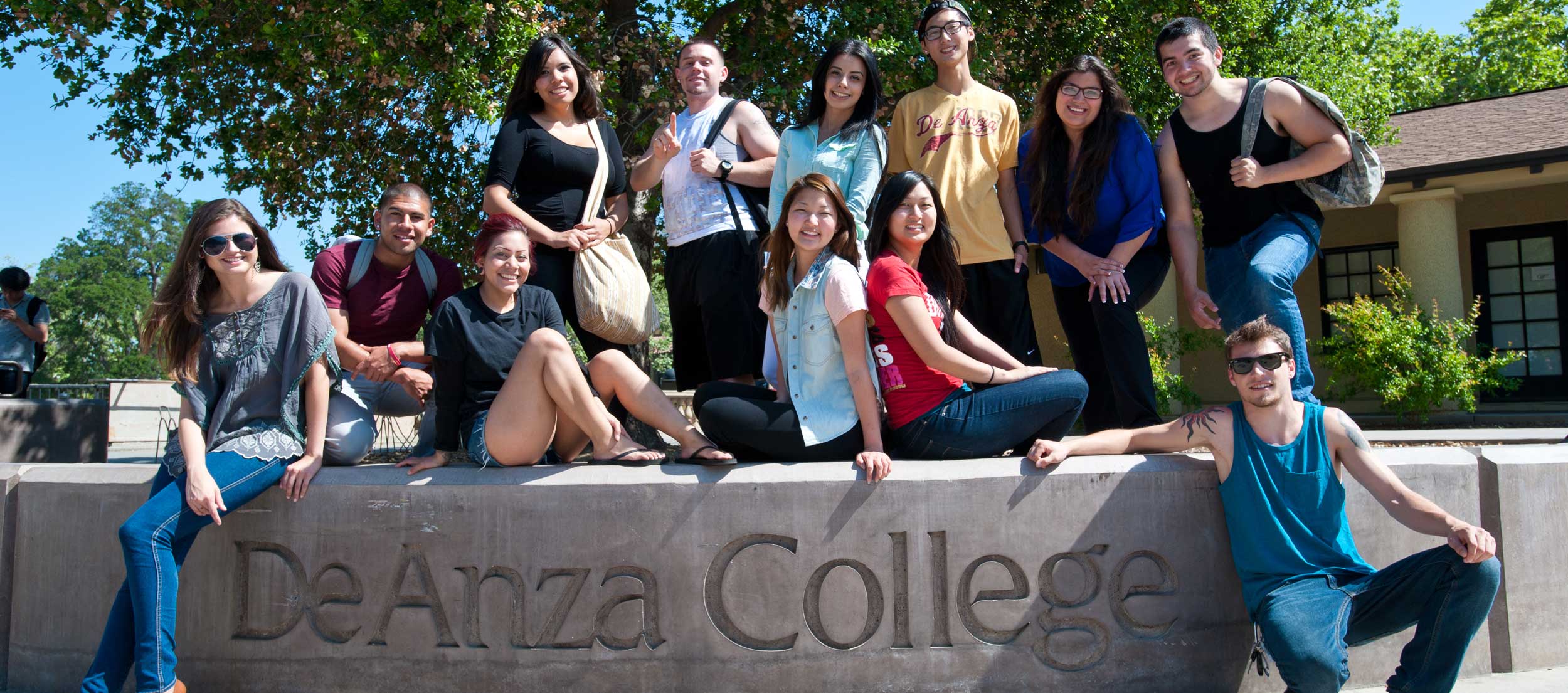Fall 2016
Committee:
Legislative Affairs Committee
Whereas, The Institute for College Access & Success has researched that college costs are the most burdensome for the lowest income students, for the total cost of college includes far more than just tuition (Citation 1);
Whereas, college students depend on reliable transportation in order to attend college and other post-secondary institutions and on average transportation can cost a student $1,200 a year (Citation 2);
Whereas, several transit operators and colleges in California have successfully implemented robust universal student transit pass programs resulting in exceptional increases in student transit ridership and reductions in student driving which include: Foothill Transit, Rio Hondo College, Santa Monica College, Long Beach Transit and Cal State Long Beach;
Whereas, such a program could represent a significant expansion of student transit access -- just as the state undertakes a dramatic expansion of our transit system – encouraging students to make decisions about where to live and work based on the proximity of transit and laying a foundation for a more transit-oriented culture;
Resolved, that the Student Senate for California Community Colleges sponsor or cosponsor a bill that will provide universal transit passes for the students of California, and
Resolved, that the Student Senate for California Community Colleges urge the legislature to use the following sources of funding to subsidize the cost of the universal student transit passes:
● State of California Greenhouse Gas Reduction Fund/Low Carbon Transit Operations Program;
● Mobile Source Air Pollution Reduction and Review Committee (MSRC); or
● Governor’s Budget ask
Citation 1: TICAS, What Does College Really Cost for Low-Income Students across California? (February 2016) retrieved from: http://ticas.org/sites/default/files/pub_files/npc_california_map.pdf
Citation 2: U.S. Department of Education, National Center for Education Statistics. (2016).
Digest of Education Statistics, 2014 (NCES 2016-006),Table 236.90.
Whereas, college students depend on reliable transportation in order to attend college and other post-secondary institutions and on average transportation can cost a student $1,200 a year (Citation 2);
Whereas, several transit operators and colleges in California have successfully implemented robust universal student transit pass programs resulting in exceptional increases in student transit ridership and reductions in student driving which include: Foothill Transit, Rio Hondo College, Santa Monica College, Long Beach Transit and Cal State Long Beach;
Whereas, such a program could represent a significant expansion of student transit access -- just as the state undertakes a dramatic expansion of our transit system – encouraging students to make decisions about where to live and work based on the proximity of transit and laying a foundation for a more transit-oriented culture;
Resolved, that the Student Senate for California Community Colleges sponsor or cosponsor a bill that will provide universal transit passes for the students of California, and
Resolved, that the Student Senate for California Community Colleges urge the legislature to use the following sources of funding to subsidize the cost of the universal student transit passes:
● State of California Greenhouse Gas Reduction Fund/Low Carbon Transit Operations Program;
● Mobile Source Air Pollution Reduction and Review Committee (MSRC); or
● Governor’s Budget ask
Citation 1: TICAS, What Does College Really Cost for Low-Income Students across California? (February 2016) retrieved from: http://ticas.org/sites/default/files/pub_files/npc_california_map.pdf
Citation 2: U.S. Department of Education, National Center for Education Statistics. (2016).
Digest of Education Statistics, 2014 (NCES 2016-006),Table 236.90.

